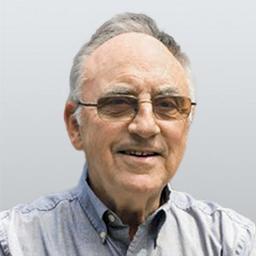The following is a speech delivered by Brian Peckford, former premier of Newfoundland and the last surviving architect of the Canadian Charter of Rights and Freedoms, at the Freedom Convoy rally in Ottawa on Feb. 12, 2022.
Let us declare to the world today that we have a right to be right here. Let us declare to the world and to the prime minister and all the premiers of Canada that we have rights and freedoms that they cannot take away from us.


